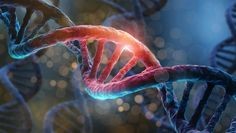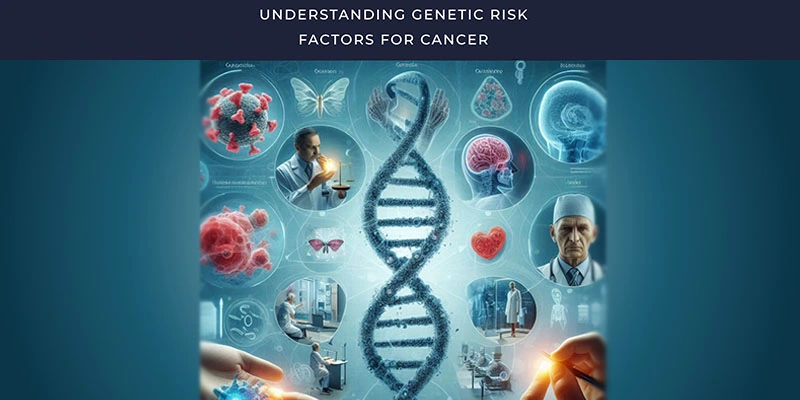Some individuals have a higher risk of developing cancer due to their genetic makeup. This article explains the role of genetics in cancer, including inherited mutations that can increase the risk of cancers like breast, ovarian, and colorectal cancer. It also discusses genetic testing and counseling, helping readers understand when they might need to consider these options and how they can proactively manage their risk.
Introduction: Genetic factors can play a crucial role in cancer risk. Understanding one’s genetic predisposition can lead to proactive measures and personalized healthcare strategies.
Role of Genetics in Cancer:
- Inherited Mutations: BRCA1 and BRCA2 genes linked to breast and ovarian cancer; Lynch syndrome associated with colorectal cancer.
- Family History: The importance of knowing your family’s medical history and discussing it with your doctor.
Genetic Testing and Counseling:
- Who Should Consider Testing: Individuals with a strong family history of cancer, early-onset cancer cases in the family, or multiple relatives with the same type of cancer.
- Benefits of Genetic Counseling: Receiving professional guidance on the implications of test results and available preventive measures.
Proactive Risk Management:
- Regular Screenings: More frequent or earlier screenings for those with a genetic predisposition.
- Preventive Surgeries: Options like prophylactic mastectomy or oophorectomy for high-risk individuals.
- Lifestyle Adjustments: Enhanced focus on diet, exercise, and avoiding known risk factors.
Call to Action: Encourage readers to discuss their family history with their healthcare providers and consider genetic counseling if appropriate. Emphasize that knowledge is power, and understanding their genetic risk can lead to better prevention and early detection strategies.

